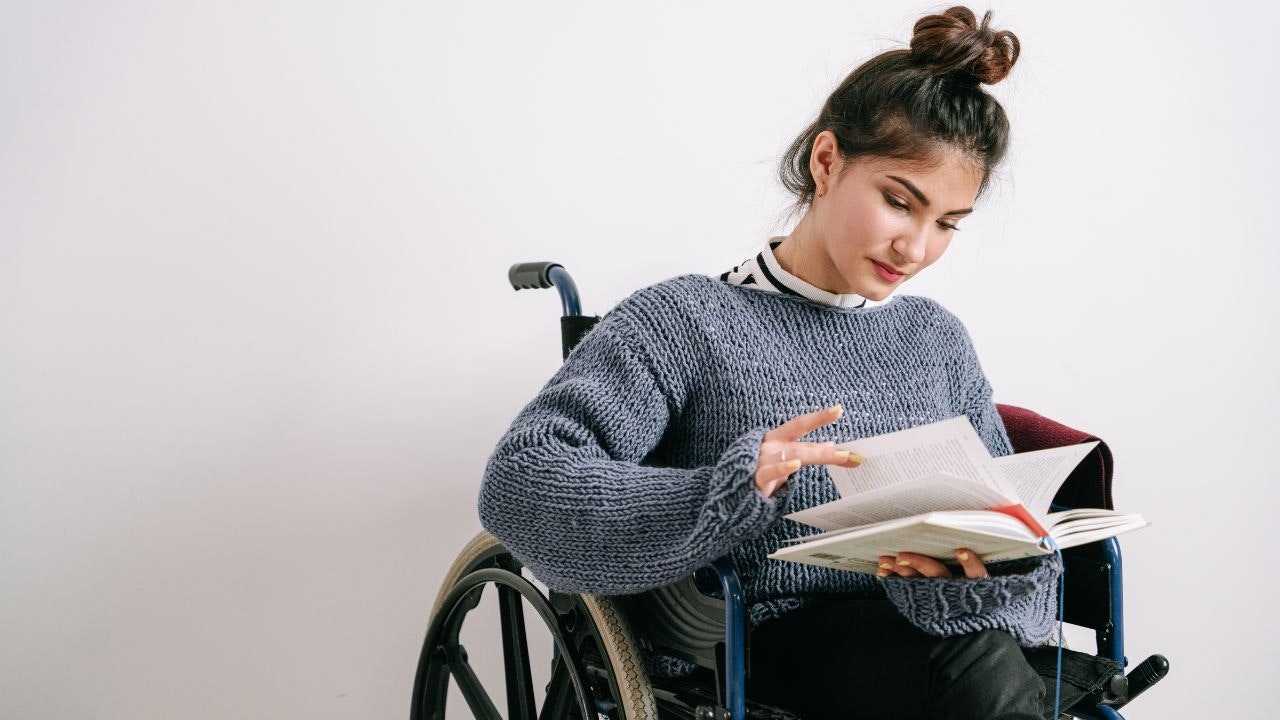People with Disability Australia responds to the Disability Royal Commission’s final report

People with Disability Australia released a response to the final report from the Disability Royal Commission.
Key points:
- People with Disability Australia have released a response to the Disability Royal Commission’s final report
- Agreement on some recommendations is evident between People with Disability Australia and the Disability Royal Commission, but there are gaps on certain issues
- Ensuring that Australia becomes more inclusive for people with disability is one of the main points raised in the response
People with Disability Australia has recently released a response to the report by the Disability Royal Commission, created by incorporating the views of People with Disability Australia members as well as other people with disability in the community.
The Disability Royal Commission released its final report in late 2023, which contained 222 recommendations regarding inclusivity for Australians with disability.
The key policy positions expressed by People with Disability Australia included:
- Governance and Rights Protections: ensuring that people with disability are involved in the decision-making for things that will affect them
- Housing: promoting independent living in the community with an increase in investment to support this area
- Education and Employment: more support for inclusive education and transition to open employment
- Safeguarding and Redress: incorporating supported decision-making frameworks, the elimination of restrictive practices, and the establishment of a national redress scheme for people with disability who have experienced violence, abuse, trauma, neglect and exploitation
There is agreement between People with Disability Australia and the Disability Royal Commission for actions such as hiring more people with disability in the public sector, ensuring inclusivity and accessibility in government workplaces and updating the Disability Discrimination Act.
However, in its response, People with Disability Australia voices its concerns regarding other aspects raised in the final report.
People with Disability Australia would like to eradicate group homes now, as it falls under the category of segregated housing. Commissioners responsible for the final report are unsure when such changes to group homes could be made with changes possibly taking over 15 years to implement.
Additionally, while there is general agreement between the two parties about removing disability segregation in schools, some commissioners believe this could be achieved in 28 years, which is 18 years later than recommended by People with Disability Australia.
Employing people with disability is supported by both parties, however, the Royal Disability Commission says that people should be paid minimum wage by 2034, compared to People with Disability Australia wanting the pay rise to happen now.
The President of People with Disability Australia, Marayke Jonkers understands the importance of discussion between all relevant parties to ensure that appropriate support and inclusivity is given to people with disability.
“PWDA’s response is a strong starting point for an ongoing conversation between the disability community and governments on how we ensure the Disability Royal Commission delivers genuine improvements for disabled people. Improvements that must also extend to the issues not adequately covered or addressed by the report; issues like transport, psychosocial disability, hate crimes, income support, sexual and reproductive rights, healthcare accessibility and post-secondary education to name a few,” said Jonkers.
Similar to the opinion of the President of People with Disability Australia, the organisation’s CEO Sebastian Zagarella knows the work that needs to go into creating a more inclusive Australia for people with disability.
“PWDA will continue to tirelessly advocate until robust systems are established to safeguard and uphold the human rights of all people with disability in Australia; until society is fully accessible and inclusive,” said Zagarella.
CEO Zagarella also knows the importance of including people with disability in discussions that can impact their lives.
“We want a seat at the table to ensure the rights and choice and control of people with disability is front and centre in the reform agenda and we are heard on decisions that will impact our lives going forward,” said Zagarella.
The complete response from People with Disability Australia is available on their website as is the easy-read version.
For a brief summary of the Royal Disability Commission’s report, a concise version is available. Alternatively, the complete final report is available to read here.
What are your thoughts on the formal response to the Disability Royal Commission Final Report?
Let the team at Talking Disability know on social media.
For more information related to disability news, subscribe to the FREE weekly newsletter.
Relevant content:
Disability Royal Commission’s Final Report made public — here’s what we know
Increased employment for NDIS participants and their families